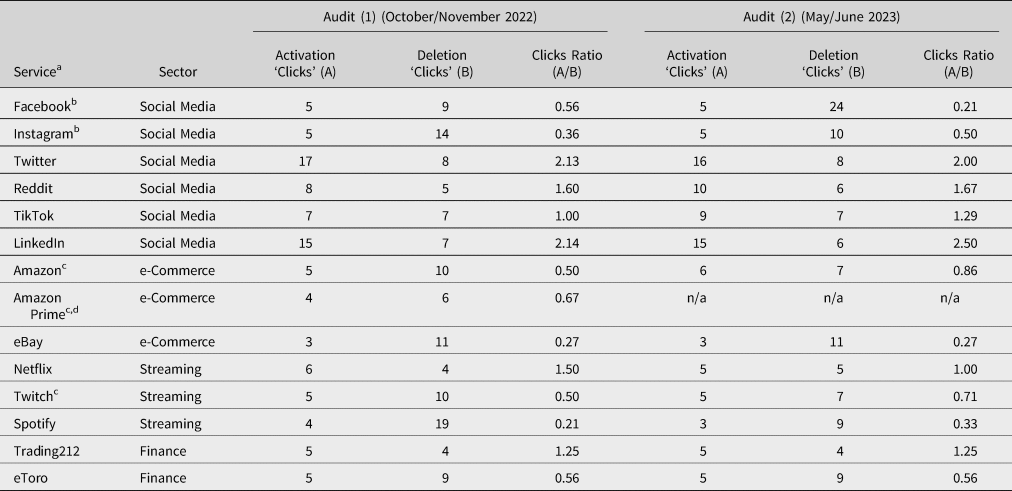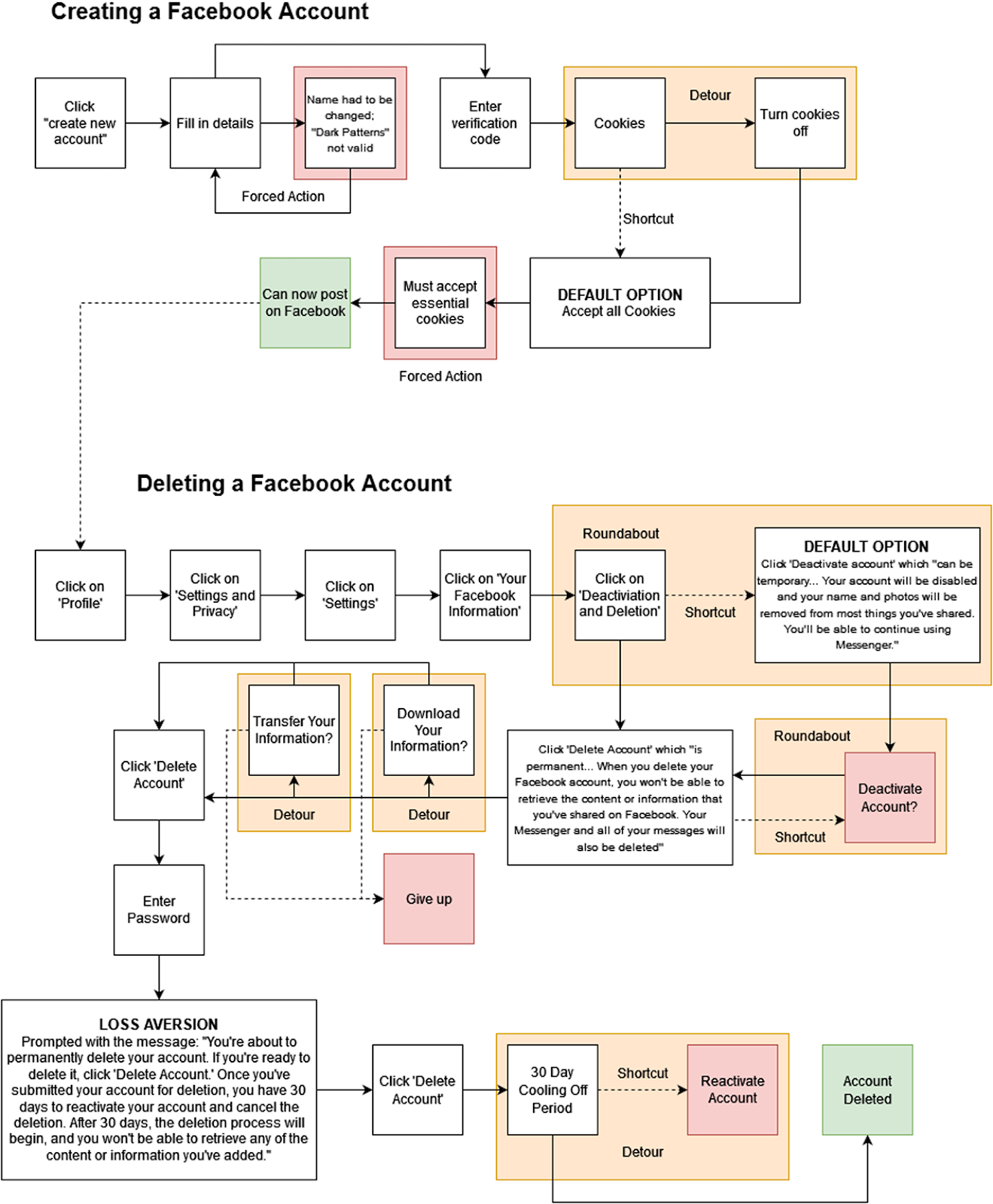Very interesting new paper by Stuart Mills, Richard Whittle, Rafi Ahmed, Tom Walsh and Martin Wessel. Stuart developed this paper when he was an LSE fellow in our Department. Three of the co-authors are former LSE students who were undertaking various research options in the Department at the time, including Rafi Ahmed who was in the first cohort of our final year undergraduate research apprenticeship model. I am really glad to see the emphasis on ethical and regulatory aspects of behavioural science in the Department find these types of expression.
Dark patterns are user interface design elements which harm users but benefit vendors. These harms have led to growing interest from several stakeholders, including policymakers. We develop a high-level analytical framework – the dark patterns auditing framework (DPAF) – to support policymaker efforts concerning dark patterns. There are growing links between dark patterns and the behavioural science concept of sludge. We examine both literatures, noting several worthwhile similarities and important conceptual differences. Using two ‘sludge audits,’ and the DPAF, we examine 14 large online services to provide a high-level review of the user experience of these services. Our approach allows policymakers to identify areas of the user ‘journey’ (dark paths) where sludge/dark patterns persist. For regulators with constrained resources, such an approach more be advantageous when planning more granular analyses. Our approach also reveals several important limitations, notably, within some of the tools for sludge auditing which we develop, such as the ‘equal clicks principle.’ We discuss these limitations and directions for future research.
The paper goes through the conceptual basis of dark patterns and sludge, and proposes taxonomies that are then used to conduct external user audits of a range of online services. In particular, they examine the ease of deactivating or deleting an online service compared to setting one up. See below for the amount of actions this takes for a range of online services and the figure below that for the steps in starting and deleting a facebook account. It is likely a range of information providers already know a lot of this in quite a lot of depth but to increasingly see these things publicly mapped and discussed and mapped to solid theoretical frameworks is great.


No comments:
Post a Comment